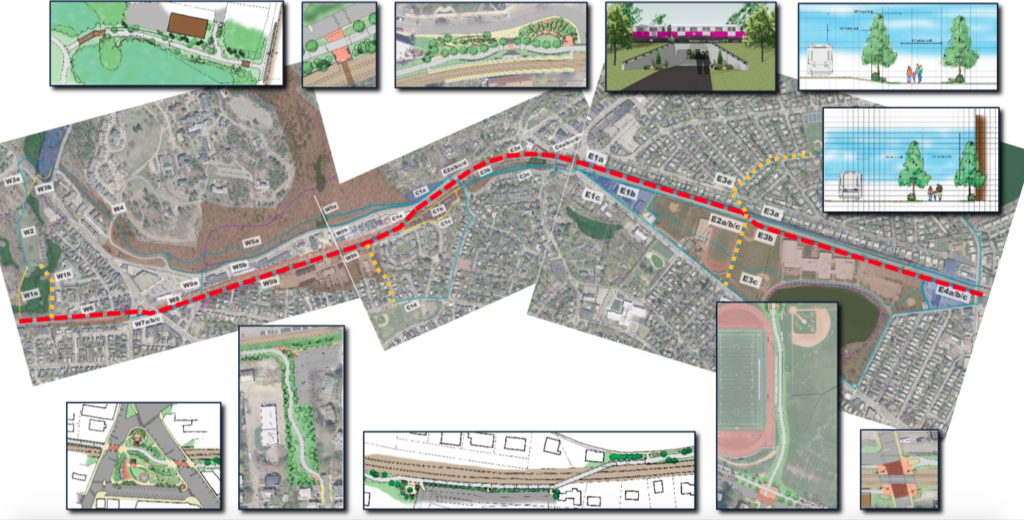Photo: Patrice Garvin, Belmont’s new Town Administrator, greeted by Selectmen Chair Jim Williams.
The executive session during which the Belmont Board of Selectmen negotiated the contract for the new town administrator was taking twice as long as scheduled on Monday, Dec. 11, leaving Patrice Garvin – whom the board had offered the job the previous week – to wait for an hour pondering exactly what could be going on between the members, the town’s human resource official and the consultants who help interest the Shirley Town Administrator to Belmont.
But in the end, the delay was caused by the normal course of negotiating the crossing the t’s and dotting the i’s, as the board welcomed Garvin who accepted the final terms of her contract with the town.
“I am very excited to be coming to Belmont,” said Garvin after the meeting.
Garvin and the board agreed to a three-year contract running through Jan. 15, 2021 with options to extend her employment. Garvin will receive an annual salary of $168,000.
With Jan. 15th falling on the Martin Luther King holiday, the board invited Garvin to the town’s annual MLK breakfast as a way of introducing her to the community.
Garvin told the Belmontonian she will spend the first weeks with department heads and attending meetings of many of the 66 volunteer-run community organizations and committees. She will also be seeking out long-term residents and employees to give her a tour of the town as she learns the ins and outs of Belmont.
